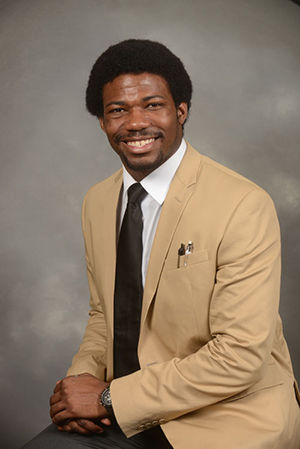Opinion: Defining moral compass and obligation
November 23, 2014
Within the last few weeks, there have been many points raised that attribute to morality: racially insensitive comments, immigration, sexual assault awareness and prevention, and rape culture. How much do we really value social problems? Do we have the ability and responsibility to help the next person?
Often in society, we become divided on issues of morality. A moral compass is defined as the inner ability to judge between right and wrong actions. Countless situations cause one to question their own principles. The true test, however, comes in the following action. Herein lies moral obligations. Moral obligation is a set of values or a code that one follows for the betterment of others, despite whatever personal conflicts an individual may have.
Often the use of agency is not in line with the advancement of people other than that one person. So basically, if you’re on stage rocking the mic in front of 30,0000 people are you just going to give the people what they want to hear, or will you give them the message they need? Take for instance, athletes. Whether professional or amateur, athletes have an automatic hook. They command the attention of millions, whether domestic or abroad. Unfortunately, they are the least likely to raise eyebrows when it matters most. They fail so much that any small attention they give to an issue brings grand applause. College athletic departments are no different; they continue to shield their athletes from the outside world of citizenship.
We just finished a National Week of Action to stand up for sexual abuse awareness and prevention. You saw people from all over the nation committed. However, athletics was a faction that was largely left out of the conversation. Why is it that one of the largest stereotyped perpetrators of sexual violence was one that was left so unheard?
Turn to the racial tension that exists so strongly in our country today. It is a very sensitive topic and one that is difficult for many to discuss. Much of this disconnect occurs because of a lack and willingness of communication wth those we don’t understand. It is an issue that hits home for me. My peers experience so much due to misinterpretations and ignorance. So many people, however, attempt to shield themselves from the conflict by not directly addressing it and being in the conversation. Some people even refuse to participate because of how it may look to some others. That lack of understanding is the exact reason why some need to be within the depths of the movement.
Don’t sit on the sidelines. Be a strong moral agent and continue to push yourself to your own limits so that you may grow wings and fly. Be brave. Don’t be afraid to simply, be. To be is to be human. To be is to be connected. If you are not a part of the solution you are a part of the problem. Idleness is the same as watching the atrocities happen. Challenge yourself to think of ways you can make a difference. Be the change in the world you seek.

























